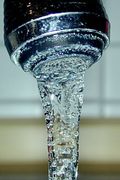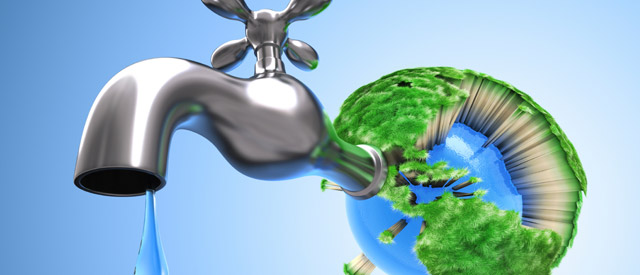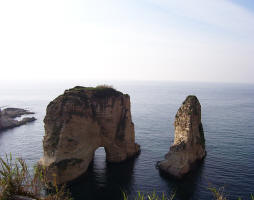 New report: "Foul Play: Neglect of wastewater treatment in the West Bank"
New report: "Foul Play: Neglect of wastewater treatment in the West Bank"
In a new report, B'Tselem surveys the ongoing neglect of wastewater treatment
in the West Bank. The report criticizes both Israel and the Palestinian
Authority for their failures, which have harmed the health and future water
supply of all residents of Israel and the West
Bank.
Excerpts:
Wastewater in the West Bank – from the settlements,
from parts of Jerusalem, and from Palestinian communities – amounts to 91
million cubic meters [mcm] a year. Most of it is not treated, despite
the
sanitary and environmental danger inherent to wastewater
flowing freely. Prolonged neglect of this issue has caused severe hazards
in the West Bank and is liable to pollute the Mountain Aquifer, the
most important and highest-quality water source for both Israelis
and Palestinians.
... Consequences of neglecting wastewater treatment
in the West Bank
Since settlers in the West Bank use Israel’s
water-supply system, neglect of wastewater treatment in the area has almost
no effect on them. Palestinians, however, and especially residents of small
towns and villages, rely on water from natural sources. As a
result, pollution of these sources aggravates the chronic
drinking-water
shortage in the West Bank. Also, use of untreated wastewater
for agriculture contaminates crops and harms a major sector of
the Palestinian economy. In the long run, the flow of untreated
wastewater will also diminish land fertility.
In addition, since most
settlements have been established on ridges and hilltops, their untreated
wastewater flows to nearby Palestinian communities, which are usually located
further down the slope. The report present three cases that illustrate how
settlements pollute water sources and farmland in nearby Palestinian
communities:
B'Tselem reiterates its position that establishment of the
settlements and their continuing existence contravene international
humanitarian law and result in extensive prolonged infringement of
Palestinians’ human rights. Therefore, the government of Israel must evacuate
all the settlements and return the settlers to Israeli
territory.
However, in light of the severity of the pollution, and taking
into account its immediate effects on water sources serving
Palestinians and the long-term implication for the Palestinian-Israeli shared
water sources, so long as settlements remain, all their wastewater must
be treated in accordance with treatment standards applying inside
Israel, and the law must be enforced against polluting settlements. Also,
the government of Israel and the Palestinian Authority must act jointly
to immediately advance planned Palestinian wastewater treatment
projects. These projects should be executed even if they involve treatment
of both Palestinian and settlement wastewater, with the understanding that
these projects will continue to serve Palestinians after the settlements are
evacuated.
| Contact information |
B'Tselem
|
|---|---|
| News type | Inbrief |
| File link |
http://www.btselem.org/Download/200906_Foul_Play_eng.pdf |
| Source of information | B'Tselem |
| Keyword(s) | wastewater treatment |
| Subject(s) | AGRICULTURE , ANALYSIS AND TESTS , CHARACTERISTICAL PARAMETERS OF WATERS AND SLUDGES , DRINKING WATER , DRINKING WATER AND SANITATION : COMMON PROCESSES OF PURIFICATION AND TREATMENT , ENERGY , HEALTH - HYGIENE - PATHOGENIC MICROORGANISM , INFRASTRUCTURES , POLICY-WATER POLICY AND WATER MANAGEMENT , PREVENTION AND NUISANCES POLLUTION , RIGHT , RISKS AND CLIMATOLOGY , SANITATION -STRICT PURIFICATION PROCESSES , SLUDGES , WATER DEMAND , WATER QUALITY |
| Relation | http://www.semide.net/countries/fol749974/country608613 |
| Geographical coverage | Palestine, Israel |
| News date | 08/07/2009 |
| Working language(s) | ARABIC , ENGLISH , HEBREW |
 you are not logged in
you are not logged in





